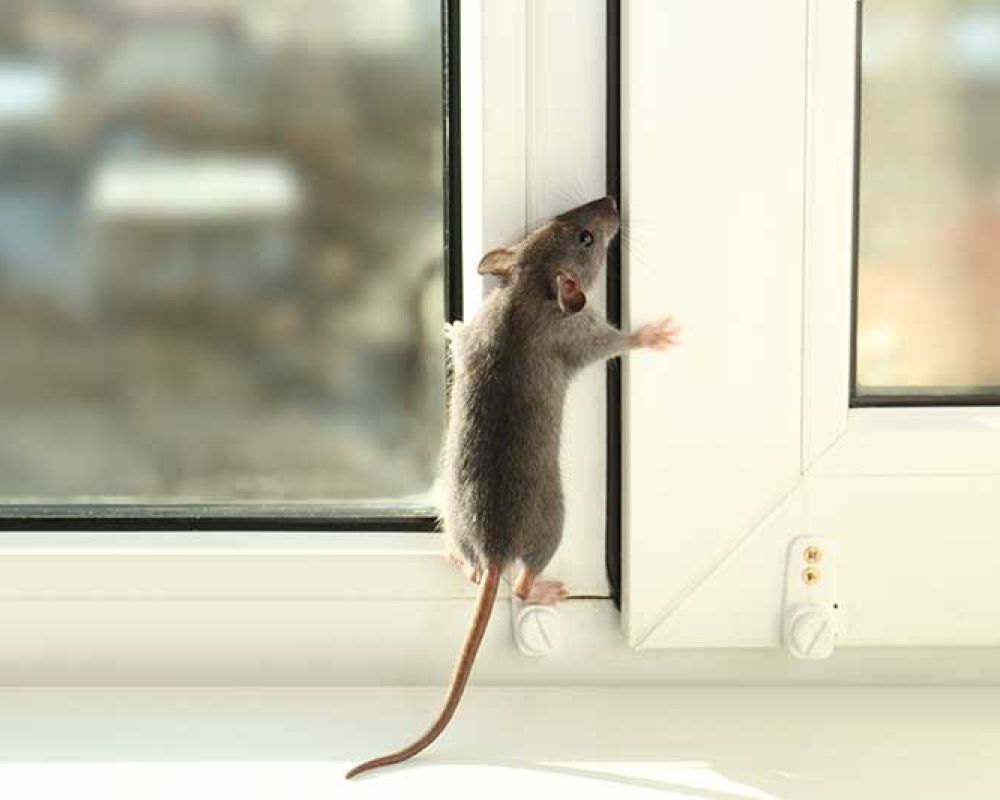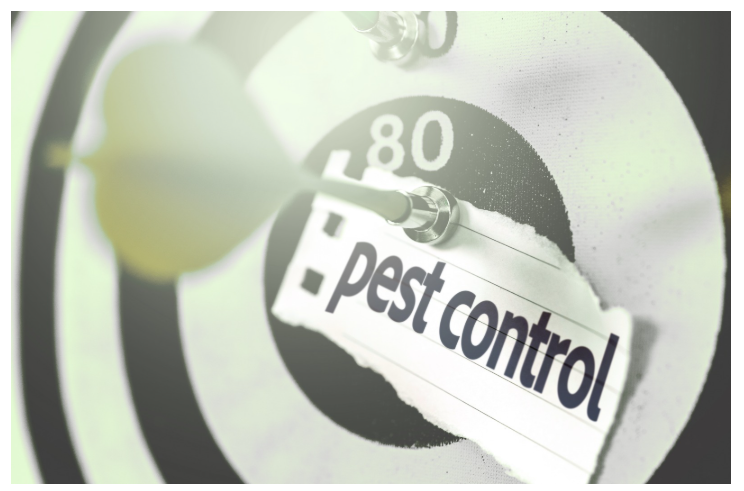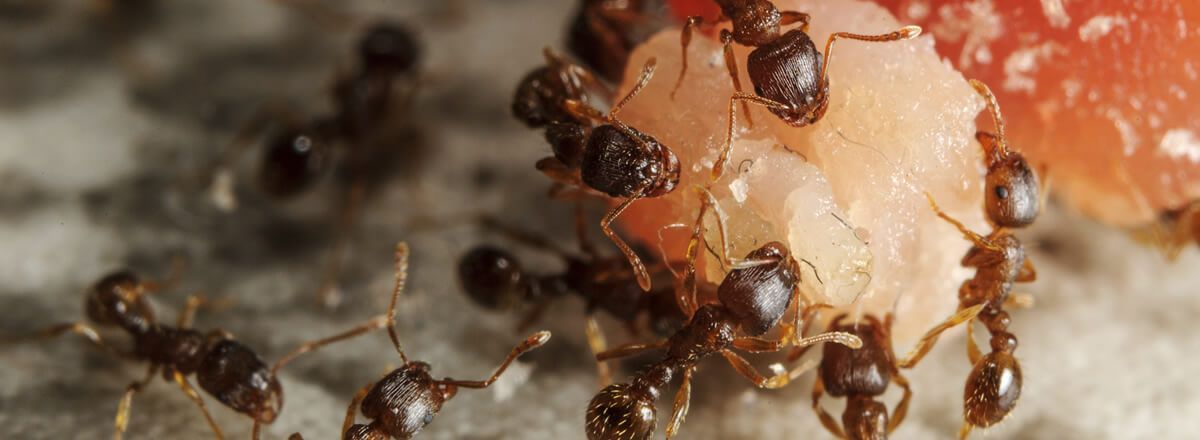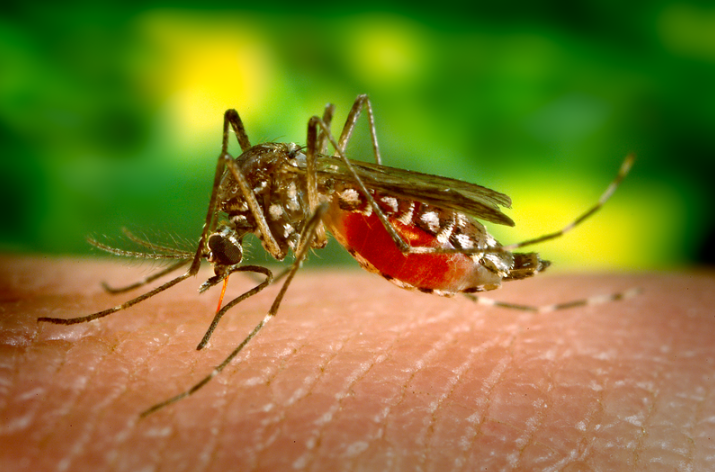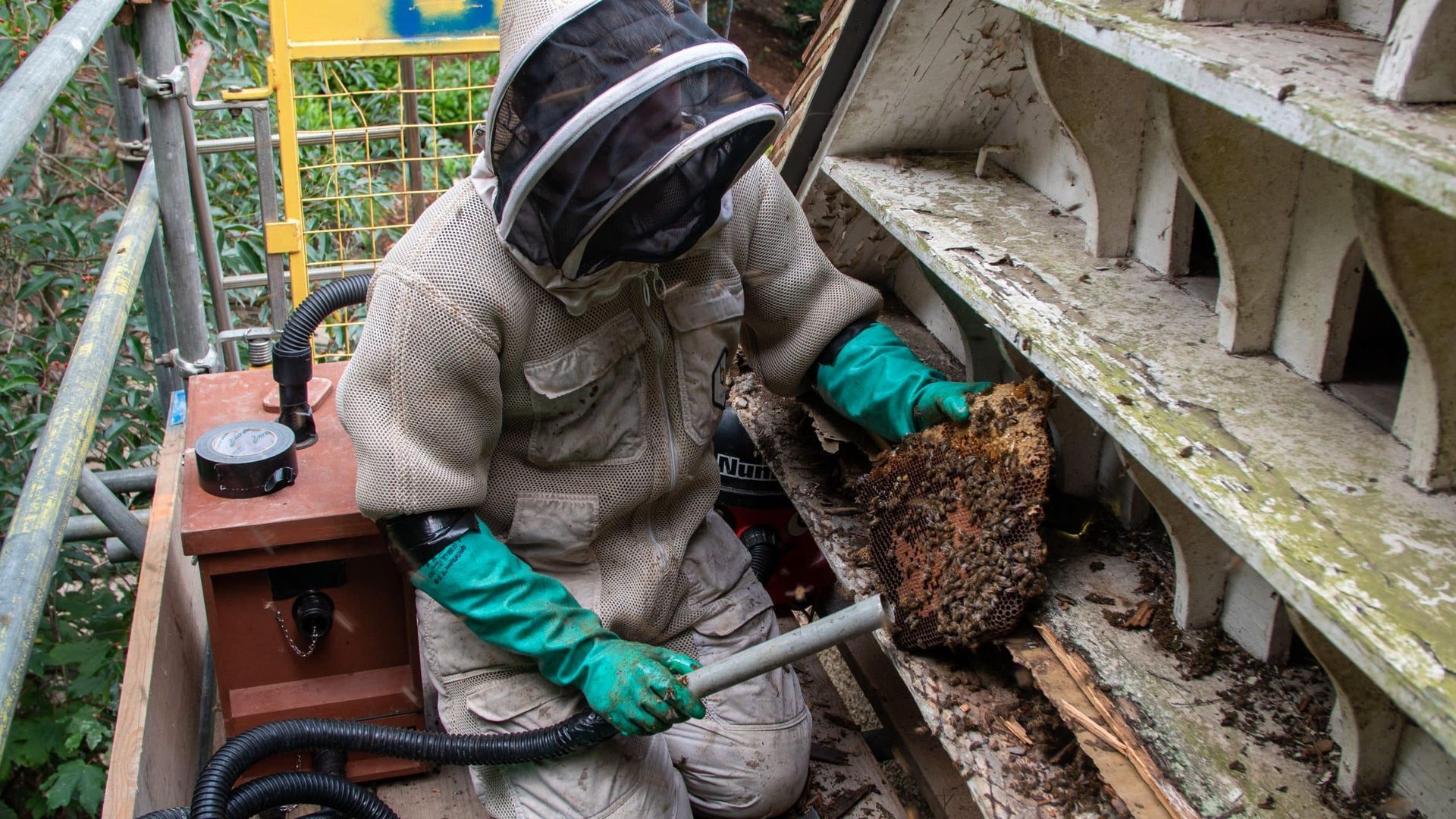Buzzing Menace
Office Ascendant MAI • July 21, 2023
A Closer Look at Stinging Insects
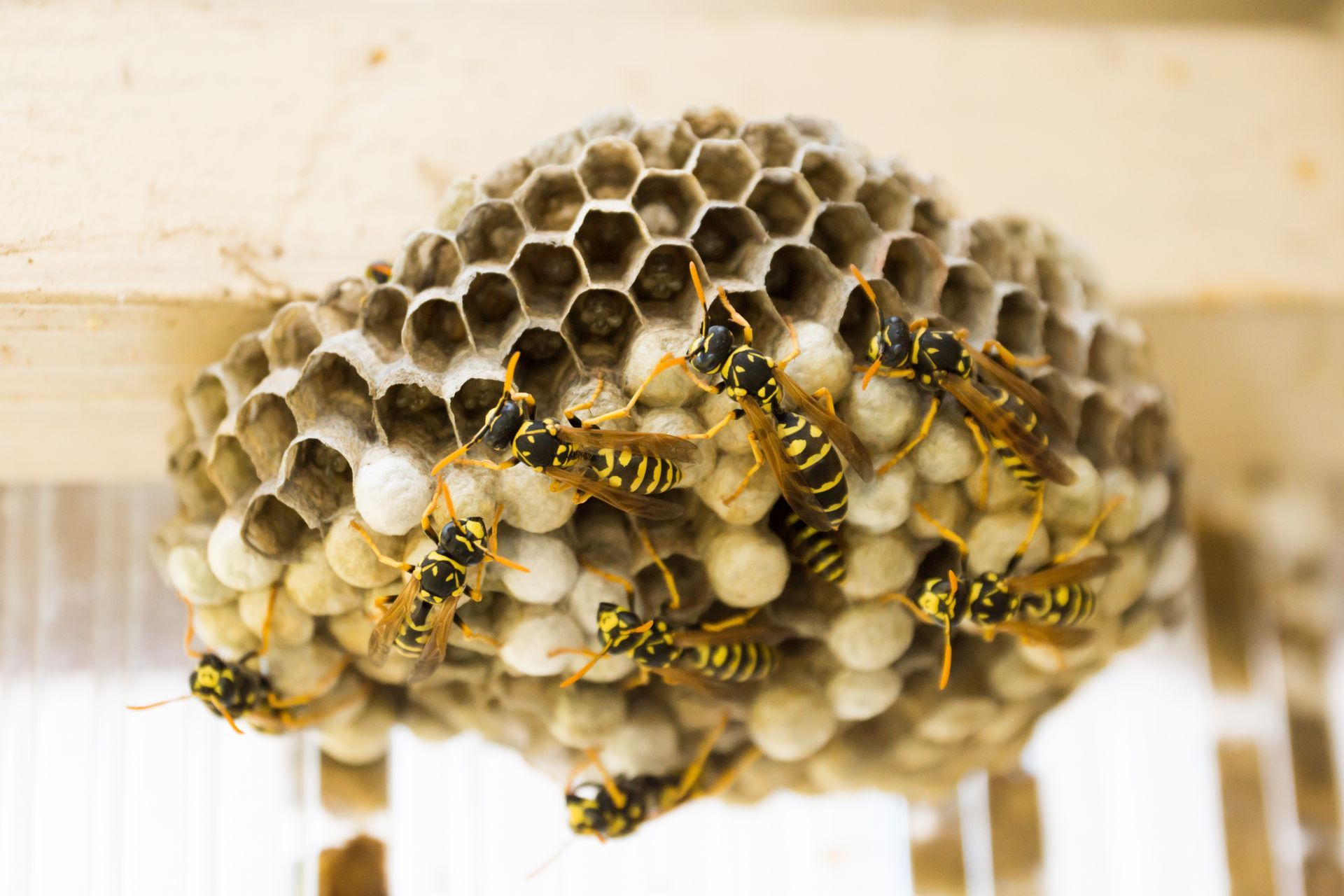
Stinging insects can often evoke feelings of fear, annoyance, and discomfort. From bees and wasps to hornets and yellow jackets, these buzzing creatures have left an indelible mark on our collective consciousness. While we may instinctively want to avoid them, it's worth taking a closer look at these interesting insects and understanding their role in our ecosystem.
The World of Stinging Insects:
Stinging insects encompass a variety of species, each with unique characteristics and behaviors. Bees, for instance, are well-known for their role as pollinators, aiding in the reproduction of countless plant species. Wasps, on the other hand, are predatory insects that play a vital role in controlling populations of other insects.
The Sting:
One of the defining features of stinging insects is, as the name suggests, their ability to sting. The sting itself is a highly evolved defense mechanism that these insects employ when they feel threatened. While bees generally lose their stingers and die after stinging due to the barbed nature of their stingers, wasps and hornets can sting multiple times without losing their stinging apparatus.
Beneficial Aspects of Stinging Insects:
Contrary to popular belief, stinging insects play an essential role in our ecosystem and offer numerous benefits. Here are a few notable ones:
1. Pollination: Bees, with their fuzzy bodies, are excellent pollinators. They help disperse pollen from flower to flower, enabling cross-pollination and contributing to the reproduction of various plant species, including those crucial for our food supply.
2. Natural Pest Control: Wasps and hornets, though often feared, serve as natural pest controllers. They prey on insects such as flies, spiders, and caterpillars, helping maintain ecological balance by controlling their populations.
3. Honey Production: Bees produce honey, a delicious and nutrient-rich food source for both humans and other animals. Their intricate process of collecting nectar and converting it into honey remains fascinating and essential to the health and stability of their colonies.
Preventing and Dealing with Stinging Insects:
While stinging insects contribute to our ecosystem, encountering them can still be unpleasant, especially if you have an allergy to their stings. Here are a few precautions and tips to avoid unwanted painful encounters:
1. Stay calm: If a stinging insect is near you, remain calm and still. Sudden movements can provoke them and increase the chances of getting stung.
2. Wear protective clothing: When spending time outdoors, particularly in areas known for stinging insects, don protective clothing such as long-sleeved shirts and pants. Adding a hat and gloves can further reduce the chances of getting stung.
3. Avoid fragrances and bright colors: Stinging insects are attracted to fragrances, especially sweet ones, so it's advisable to avoid using scented products when spending time outside. Similarly, wearing neutral or light-colored clothing can help reduce their attraction to you.
4. Seek professional help: If you have a persistent problem with stinging insects around your property, it is best to contact a professional pest control service that can safely remove nests and mitigate the risk.
Conclusion:
Stinging insects may strike fear in many of us, but it is vital to acknowledge their significance in our ecosystem. By understanding their behavior, appreciating their role as pollinators and natural pest controllers, we can coexist with these buzzing creatures more harmoniously. Taking precautions and seeking professional help when necessary can ensure a safer and more enjoyable experience when spending time outdoors.


